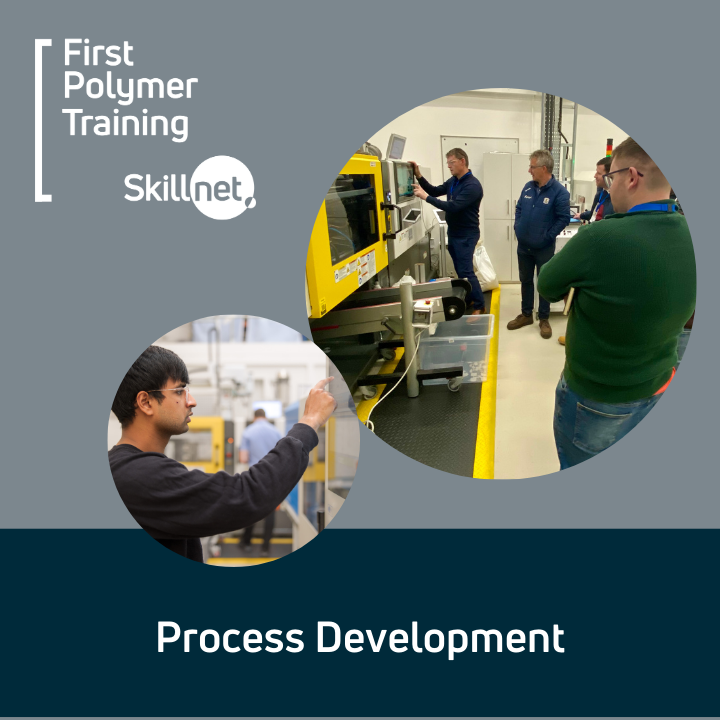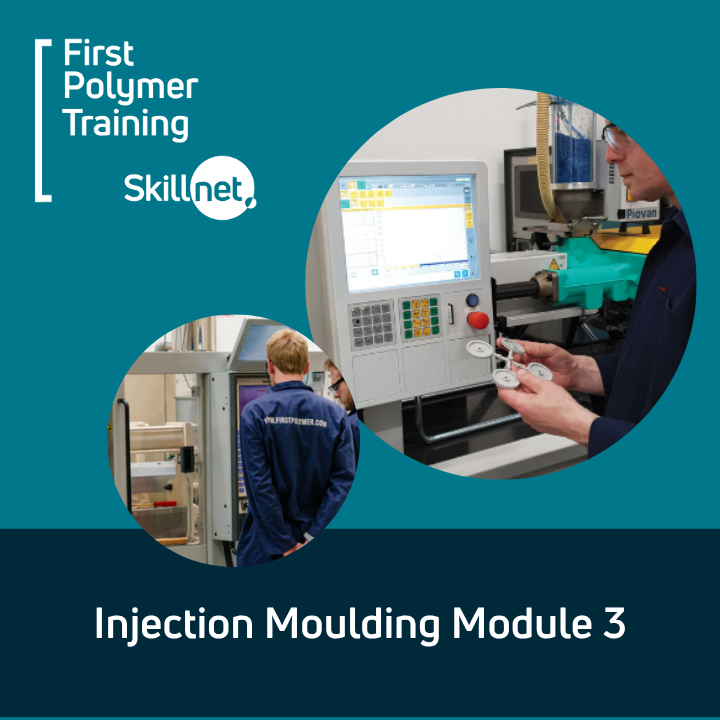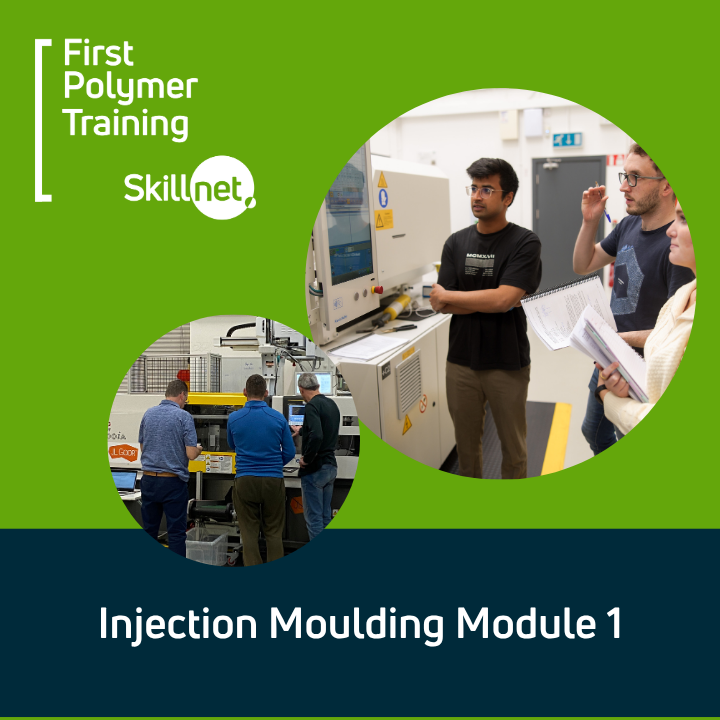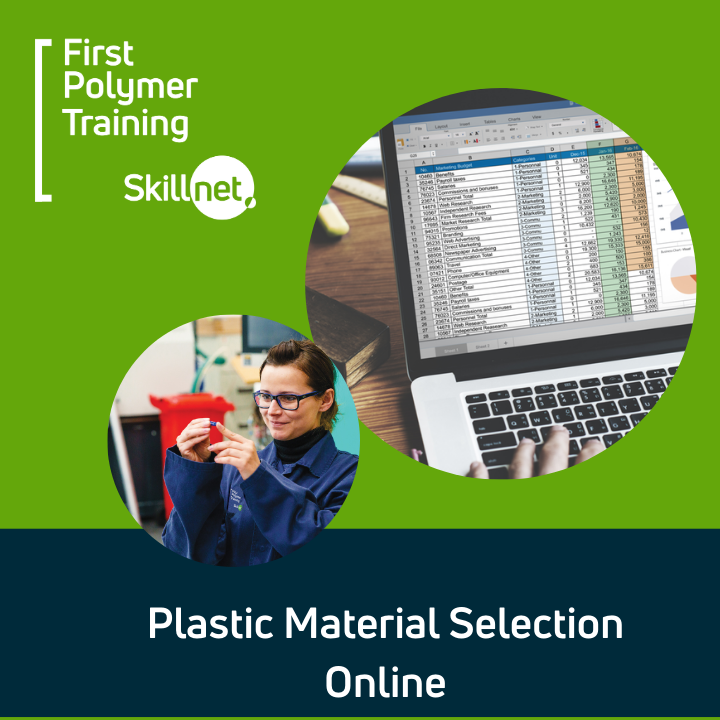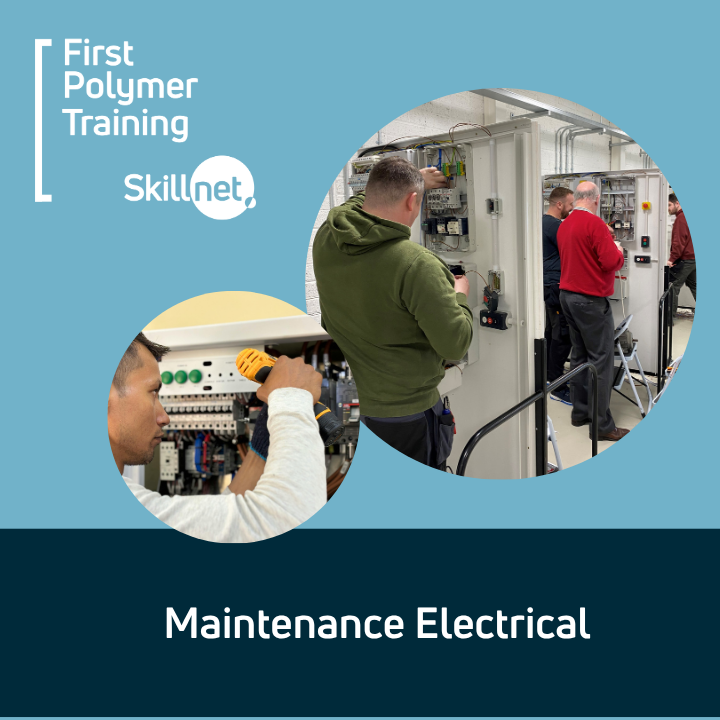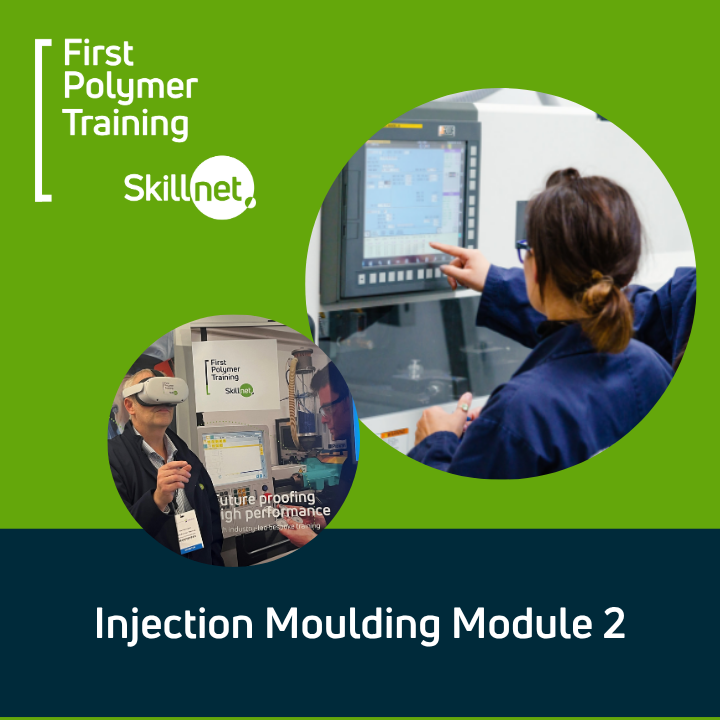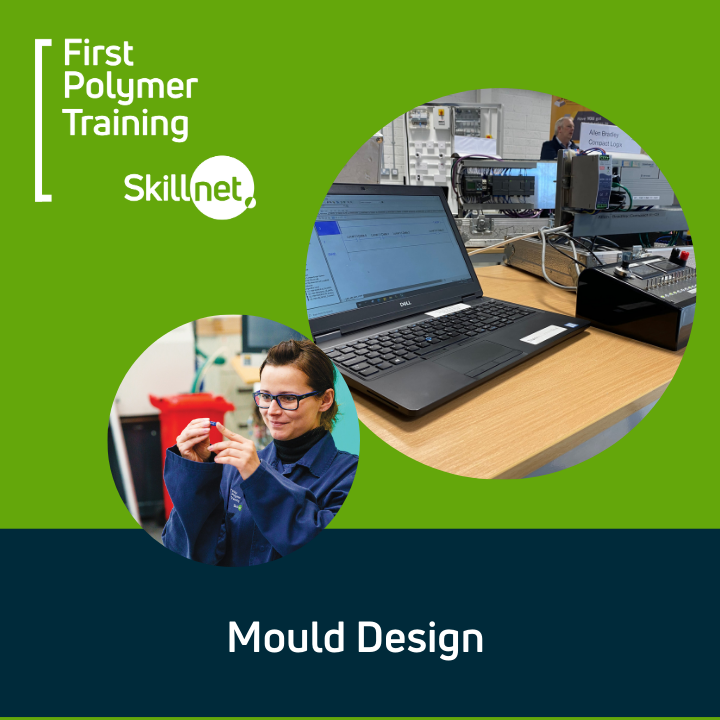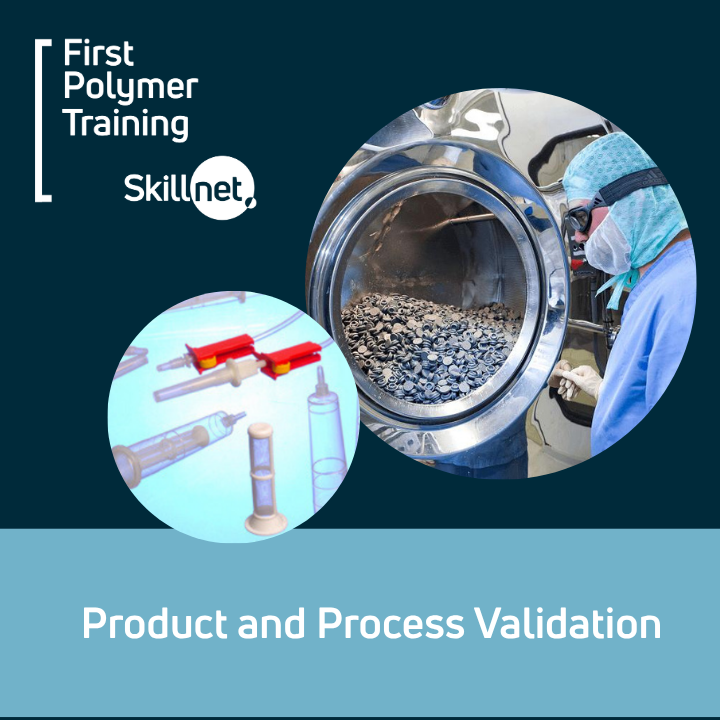Upon completion of this programme engineers will have the knowledge, skill and competence to understand the vast range of polymer materials available and to appropriately choose a cost-effective material for a given application, while considering processing characteristics and design considerations / limitations. Plastics are explained in terms of their chemical nature, physical properties, processing requirement and design use application. The course is supported by an extensive set of polymer descriptions, explanative notes, technical and processing data designed to support those selecting, processing and designing with plastics materials.
Under the topic of ‘material nature’ the trainer will be going into the chemical structure for each polymer, explaining its morphology and how this influences mechanical, chemical and flow properties of each polymer.
The aim is for course attendees to be able to predict certain properties of the polymer they are looking at from the chemical structure and rheological data by the end of the course. The trainer will explain how polymer properties are modified for commercial use applications (enhance properties for given applications), e.g. plasticisers, impact modification, reinforcement, ESD, fillers, extenders, anisotropy with high performance polymers, accuracy with cross linked polymers, etc. Importantly, day 5 will tie in the knowledge gained earlier in the course in the form of exercises and an examination. The mini-project after the course is an important learning tool and will effectively use the information gained in a practical context.
With regard to learning about thermoset, rubber and high performance polymers, this part of the course is very important with regard to expanding knowledge gained in the areas of use limitation for commodity and engineering polymers, e.g. rubber is used as an impact modifier in many polymers or to create an elastomeric blended material – a knowledge of rubber compound design would be beneficial in selection of the correct modified grade of polymer. PTFE as an additive / copolymer is becoming more popular for given applications, e.g., tribological, high temperature resistance, enhancing chemical resistance, etc, an understanding of PTFE materials and how they are used is important as this is an expanding area within polymer compound design, etc.
Course Schedule: 8 Sessions: Each session: 09.30 – 13.00

